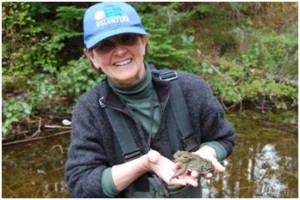“The mind is not a vessel that needs filling, but wood that needs igniting.”
Plutarch (from Ian Kidd’s translation of Essays)
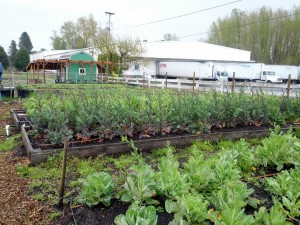
A couple of Saturdays ago I spent three hours potting tomato starts in the greenhouse at the Oregon Food Bank’s Learning Garden. That’s when David, one of the volunteers, talked about a Modern Poetry class he’d taken through Coursera. Everyone else potting tomatoes that morning seemed to know about this online platform where anyone can “Take the world’s best courses online for free!” — says their motto.
Coursera–not the first in the MOOC (Massive Online Open Courses) movement–started in 2012 with Stanford University, Princeton, the University of Michigan, and the University of Pennsylvania as partners. Today Coursera partners with 108 institutions in 641 countries–and has 7.1 million users worldwide (Wikipedia).
A couple of professors from Stanford University, Daphne Koller and Andrew Ng, started Coursera: They hoped to offer high-quality learning communities where students could pursue life-long learning from top-notch instructors.
After my morning in the OFB greenhouse, I decided to catch up with the world and see what I might like to learn. Though I wasn’t looking to start immediately, I found a course I couldn’t resist: “Understanding the Brain: The Neurology of Everyday Life.”  Forever I’ve wanted to learn more about how the brain works.
Forever I’ve wanted to learn more about how the brain works.
Recent discoveries of brain plasticity fascinate me, and I’ve been intrigued by the work of Jon Kabit-Zinn and Rick Hanson, and have wanted to learn more about pain and the nervous system. Since I survived a brain tumor as a kid, I’ve always wondered what goes wrong–and how the brain recovers.
I decided to jump in. Continue reading “Celebrating Education for All–and Tomato Starts”
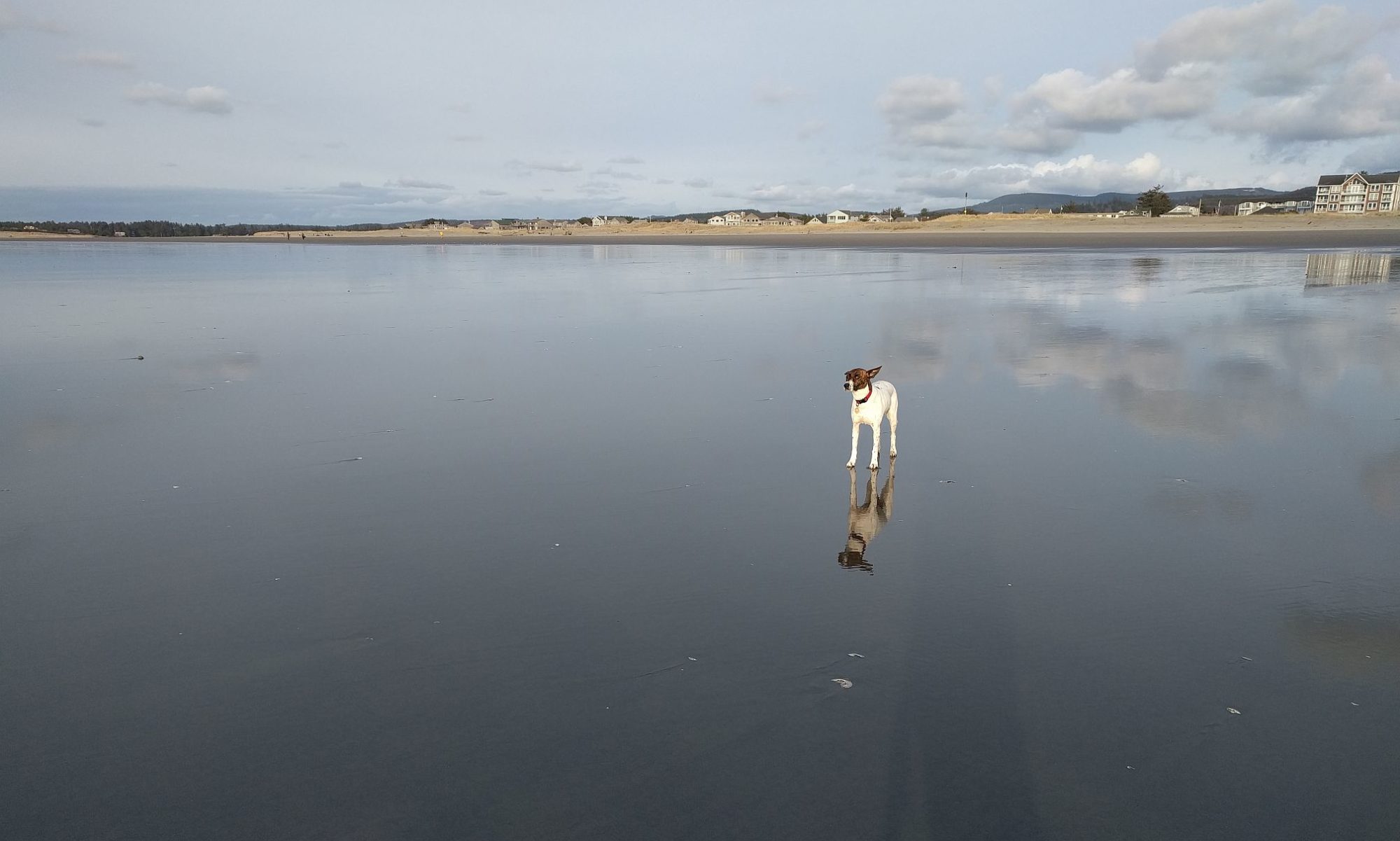


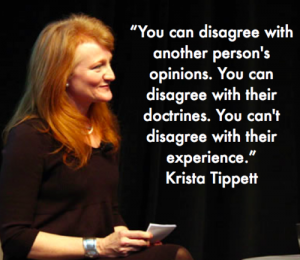
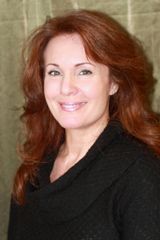

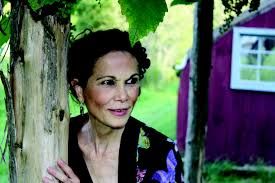 Julia Alvarez spoke at the Arlene Schnitzer Concert Hall in downtown Portland, the final event of the 2014 Arts & Lecture series–and I left inspired.
Julia Alvarez spoke at the Arlene Schnitzer Concert Hall in downtown Portland, the final event of the 2014 Arts & Lecture series–and I left inspired.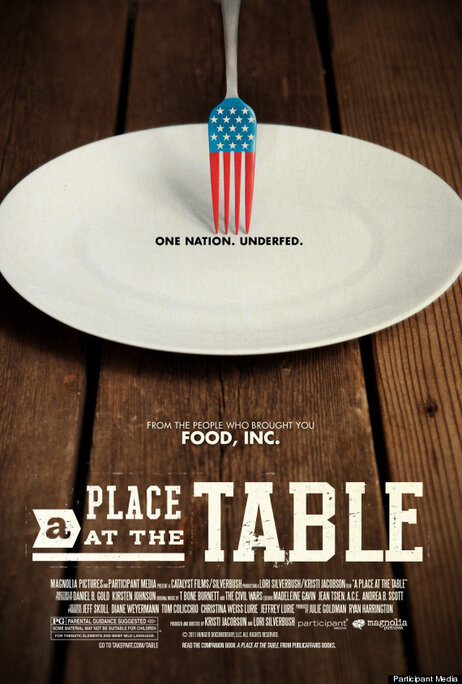 Let us be united
Let us be united